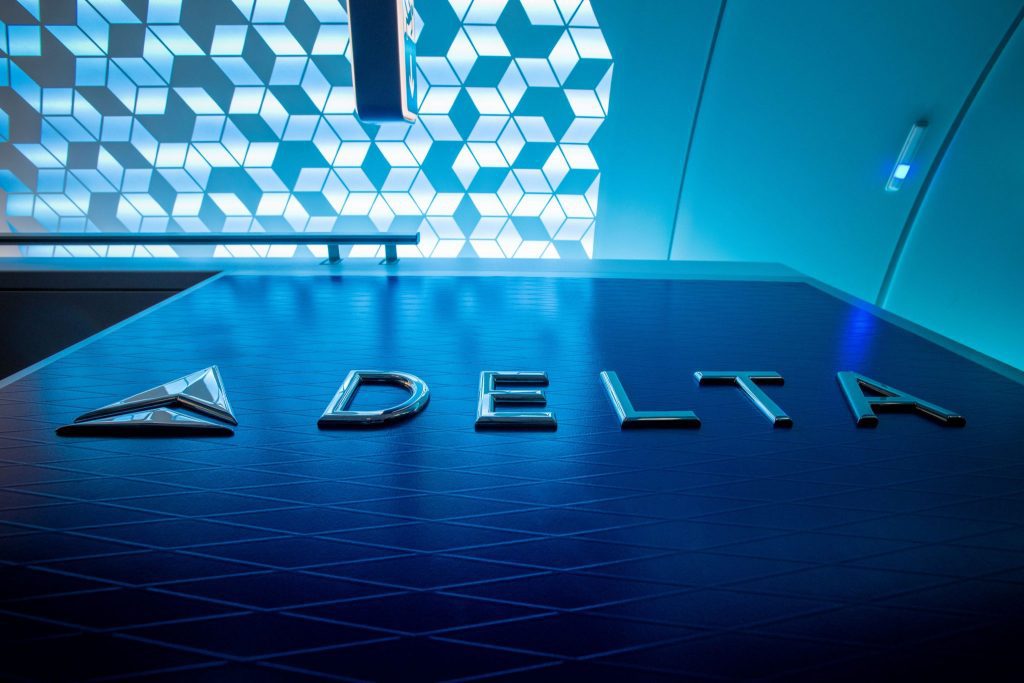Skift Take
Airlines aren't always the most customer-centric businesses so any move to make things easier to understand should be welcomed. As usual, we'll believe it when we see it.
When Delta Air Lines introduced its new domestic ticket structure, SimpliFares, at the start of 2005, many in the industry saw it as a total revolution in pricing.
It cut walkup fares by 50 percent and limited ticket prices to $499 one-way in economy and $599 in first class. Customers had a much better idea of what to expect. Sadly, it didn’t last.
Later that same year the airline filed for bankruptcy protection, heralding the start of a 19-month restructuring process, which saw the number of routes cut back and the loss of 6,000 jobs. During that painful period, the airline gradually undid all the headline benefits associated with SimpliFare, returning the company to a more complex and opaque situation that pretty much exists to this day.
But is the airline about to resurrect the program — or at least something like it? Perhaps, according to one of its executives.
“I think SimpliFares might have been too simple and maybe as an industry we weren’t ready for it, we didn’t have the sophistication to really manage it well,” Delta President Glen Hauenstein told analysts on Thursday during a third quarter earnings conference call.
“And I think that’s really the infrastructure we are putting in place now and how we see the evolution of pricing occurring over the next years. One of the things that you would have to admit about the industry in general is it’s transactional and it’s not really trusted very well.”
Hauenstein pointed to the inconsistency facing customers with the huge fluctuations in prices for what amounts to the same thing: a seat on a plane. But as airlines like Delta and others collect and analyze more data, they should be able to offer something much more consistent.
“[It’s] not really simple fares but it’s more reliable fares and it’s not a revolution, it’s an evolution. So we are on a journey on this and we are trying to be less transactional and more customer-driven,” he said.
Trade Wars Update
The World Trade Organization last week ruled in favor of the United States in a dispute with the European Union over subsidies to aircraft manufacturers Airbus.
The decision gave the opportunity to increase tariffs on certain goods, which the Trump regime duly decided to take up.
As well as paying more for products like French wine and Scotch whisky, aircraft imported from the EU will be more expensive.
For U.S. carriers like Delta that fly a lot of Airbus planes and have many more on order, it’s a big concern.
CEO Ed Bastian, who spoke recently at Skift Global Forum, said that companies were being punished for “decisions taken in the past”. And while he said there were unlikely to be any increased costs in this area between now and the end of the year, there was some uncertainty heading into 2020.
“[We] are examining our options next year to make sure that we mitigated any increase to the prices that we’d already negotiated with Airbus. So at this point, we are looking at our options.
“I’m not going to get into any details around the option since it’s still pretty fluid at the moment. But we do not expect this is going to be a material cost to Delta, certainly not in the near term.”
Third-Quarter Results
Delta reported a third-quarter pre-tax profit of $1.9 billion, up 15 percent on the prior year and slightly above analyst forecasts. Revenue rose 5 percent to $12.6 billion.
Delta’s domestic network was the star performer in the period with revenue up 7.8 percent to $8 billion, offsetting weakness in the Pacific region.
The Daily Newsletter
Our daily coverage of the global travel industry. Written by editors and analysts from across Skift’s brands.
Have a confidential tip for Skift? Get in touch
Tags: airline earnings, delta air lines, earnings, north america, united states
Photo credit: The new Airbus A330-900 Neo gets prepared for passengers. Delta announced its third-quarter results. Chris Rank / Delta Air Lines
